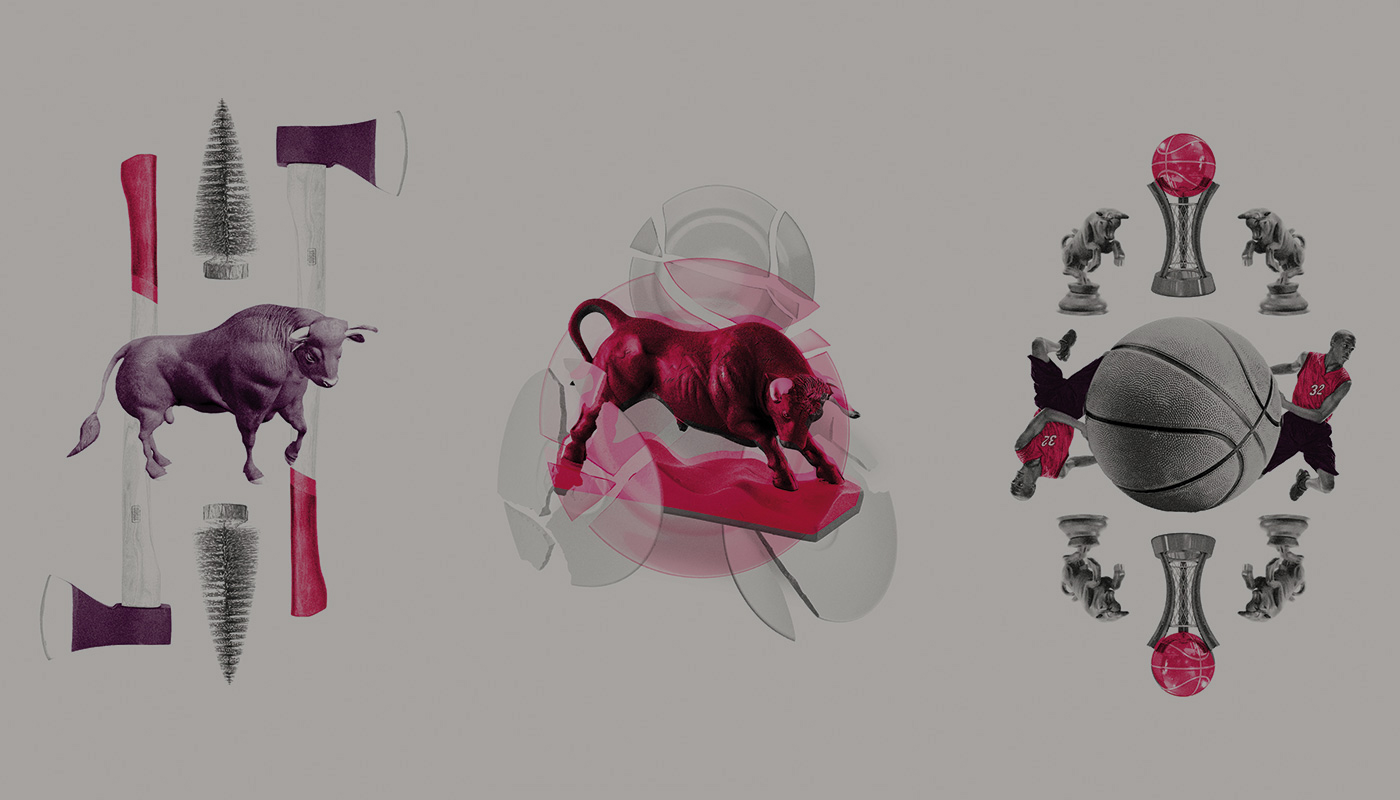The Bullhearted Brand: Building Bullish Restaurant Brands That Charge Ahead of the Herd, the new book by Joseph Szala is available now! www.bullhearted.co . Chef’s Roll had the opportunity to interview Szala about the state of the industry, how his book came to be, and why he believes that brand identity is one of the biggest make-or-break issues for aspiring restaurateurs.
1. The industry has been caught up in a series of interlocked crises over the past 2 years. Restaurateurs have been battling through a global pandemic and are still reckoning with its effects on the economy, the labor market, and supply chain infrastructure. At a time like this, with so many problems rearing their head, why do you believe that Brand identity is still of such great importance?
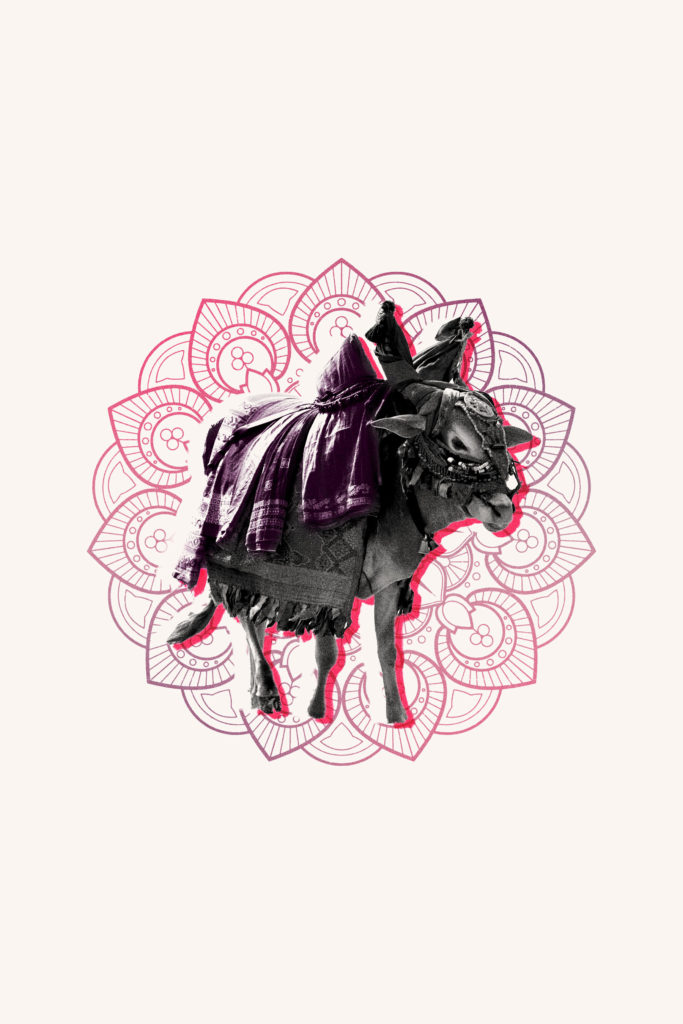
This industry has always been tough, but not impossible. I truly believe that human resilience, especially that found in restaurateurs, chefs, and restaurant leaders, is the key to weathering the storm. Mixed with a clear path and sound knowledge, I believe leaders can and will charge ahead. A brand’s identity is a manifestation of what it does, how it does it, and why it matters to the world. In good times and bad, this remains true. It’s my belief that fostering, bolstering, and growing a brand in this current time and place is absolutely optimal if not paramount.
People will always seek to compartmentalize and categorize their options in life. Restaurants aren’t excluded from that. Brand identity helps them identify the brands that align with their values and desired optics, make the decision to try, then remind them to keep coming back. Brand identity represents the core of a brand’s reason for existence (when effectively designed.) In good times and bad, this will never dissipate from being of utmost importance and impact.
2. There’s no shortage of self-proclaimed experts in the restaurant world. What does Bullhearted bring to the table that you think was missing from the conversation before?
There is such an amazing braintrust in our industry and many have fantastic ideas and anecdotes from which to learn. However, there is an issue I’ve seen throughout the multitude of books, articles, and speeches I’ve encountered. For some experts, their thinking is macro-level coming from a big brand. Those ideas are really difficult to apply downward. On the flip side, there are a lot of experts who know and understand single-unit marketing and brand building, but that’s really difficult to leverage upward for restaurateurs that want to grow.
The Bullhearted Brand comes from a middle ground point of view. For over 18 years, I’ve worked with very large brands and brands that are only as big as the soon-to-be restaurateur’s dreams. I’ve spoken on my podcast with restaurant leaders of all sizes and shapes. What I’ve identified is very applicable theories that any sized brand can implement and from which they will benefit.
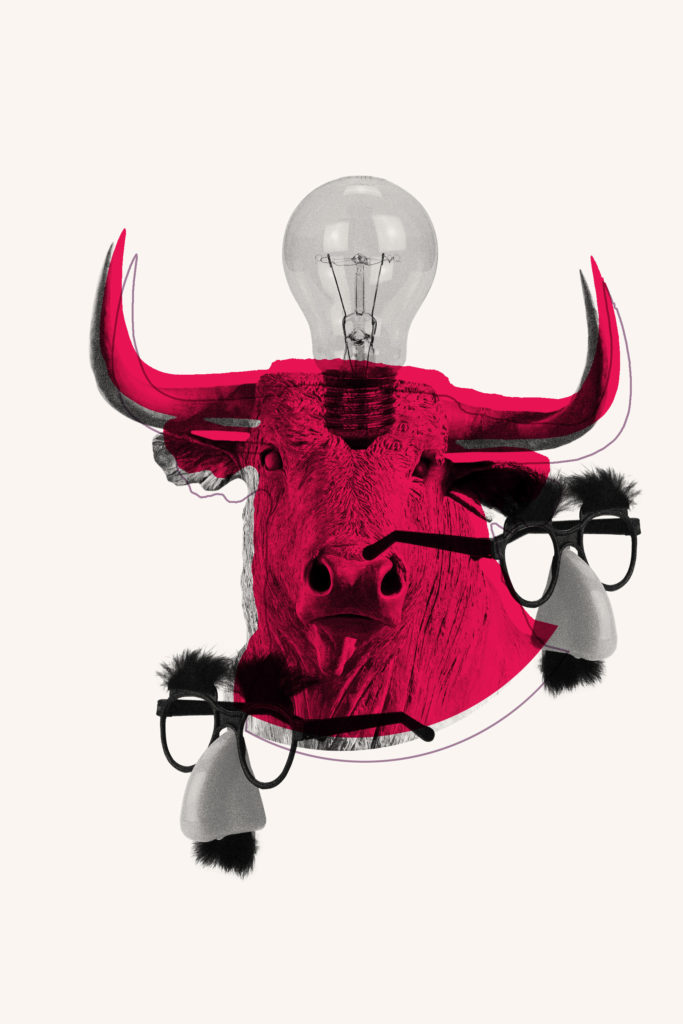
3. Bullhearted is built around a series of folklorish stories about bulls, drawing actionable lessons from these global tales. For you is there a personal reason why you came to discover so much wisdom in the stories and symbolism of bulls?
It started with the muse of the creative agency I founded back in 2003, Vigor. We believe restaurants provide a backdrop for life’s most memorable moments and those moments deserve a remarkable setting. Through courage, empathy, and sound principles we charge ahead with our clients to develop the remarkable and unforgettable restaurant experiences sought after by people. Our thinking at Vigor had a lot of symbolic alignments with bulls and what they represent: fortitude, resilience, passion, and so on.
From that seemingly innocuous identification of our spirit animal came a deep rabbit hole. I found story after story that unfolded timeless lessons in life, and branding and marketing, using bulls as the symbolic delivery mechanism. That really congealed my love for bulls, the decision to immortalize the bull as Vigor’s core identity element, and the basis for this book.
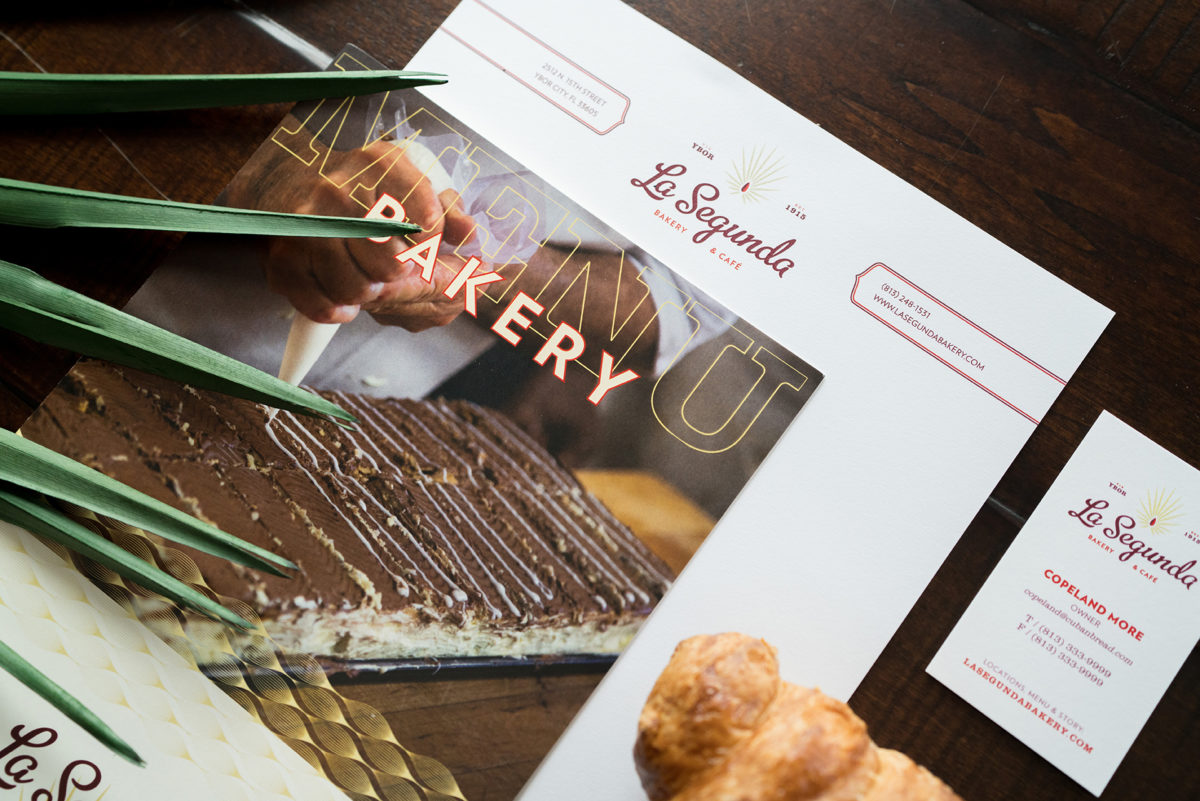
4. There are 10 stories in the book, each conveying a different grain of truth. Has any one particular story and corresponding lesson been especially on your mind lately?
The story of a bull in a china shop. This adage is always used to describe a destructive, clumsy situation or person. It’s negative. But we flip that on it’s head because we see the china as a metaphor for rules and common thinking. In my opinion, these should always be challenged. That’s the core of innovation. A bull in a china shop, in my opinion, is someone who isn’t scared to challenge convention; to ask “why not?” Yes, some plates may get broken, but they can be mended. In that chaos, falsities will also be broken leaving the door open to charge ahead.
Secondarily, the Parade of the Toritos is absolutely mesmerizing and intriguing and I really want to partake in that event one day.
5. If nothing else, the last few years have shown us how quickly everything can change. The shift away from dining-in has led to a new phenomenon – Ghost Kitchens – where existing restaurants create new virtual identities at the drop of a hat in order to tap into the different consumer markets that they can reach through app-based delivery services like Doordash and Postmates. The truth is, many restaurants are able to maintain or even increase profits by treating branding as more of a costume than a core identity. Has this new trend impacted your thinking at all?
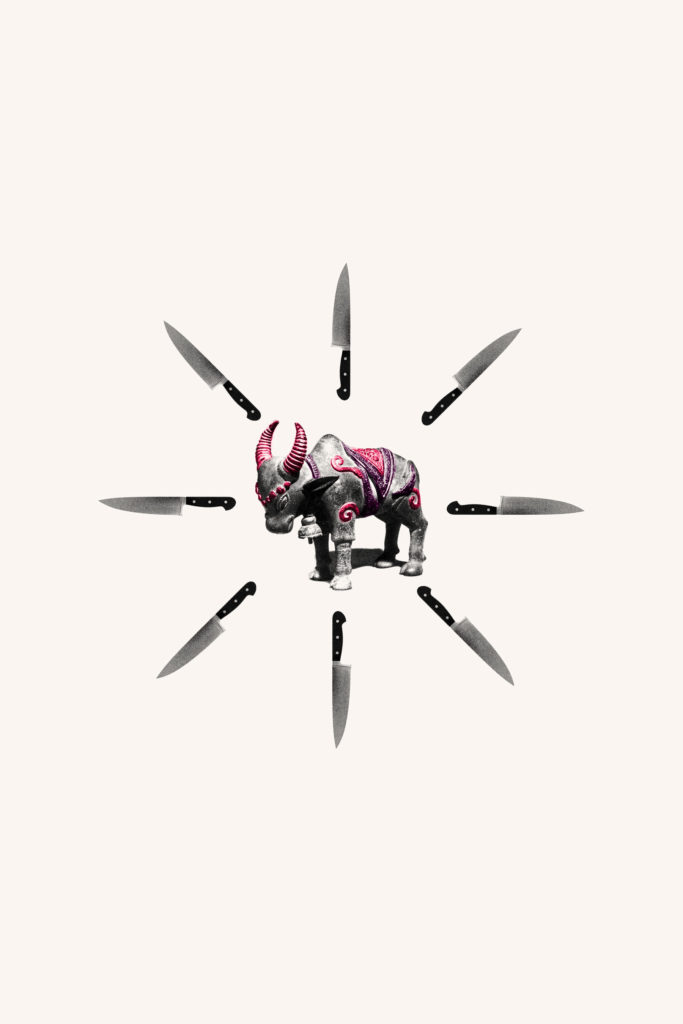
Trends rise and fall. We’ll see how these brands fair in the near term and long term. The ones that treat branding and marketing as a costume will fall away. Kitsch wears thin quicker than some think. People will always align with substance. Yes, they may make a purchase because of a quippy, unique name, and they may like the food they receive enough to order it again, but we’re not in the business of cheap tricks. And the novelty of cheap tricks rapidly fizzle out leaving the door wide open for enterprising individuals and companies who can do it better and stronger. That’s exactly what a Bullhearted Brand would do.
For clarity, I don’t think the novelty is in the virtual/ghost kitchen format. I think that area is ripe for dominant, long term strategies that can slingshot savvy brands ahead of the exploiters of short term opportunity.
6. Thanks so much for your time. Any final thoughts you’d like to share?
As I always say, grab the bull by the horns. Be fearless in the face of mediocrity and seek to do something worth noticing and worth remembering. Emulation is a fool’s errand and only results in failure. Trust your gut, but be sure to feed your gut with intelligence theories, stories, failures, and passion… like the ones found in The Bullhearted Brand.
The Bullhearted Brand: Building Bullish Restaurant Brands That Charge Ahead of the Herd, the new book by Joseph Szala is available now! www.bullhearted.co

About the Author:
Joseph Szala, a multi-talented brand strategist and managing director of Vigor, a branding and marketing agency for food, beverage, and hospitality. With a broad skill set rooted in design and brand leadership, Joseph brings a powerful blend of award-winning creative, brand strategy expertise, and an unyielding passion for realizing the potential of brands large and small.
During stints at a handful of agencies in the New York City and Pennsylvania markets, he gained industry experience that fueled the desire to establish his own agency, Vigor, in 2003. Joseph built Vigor into a highly regarded restaurant branding powerhouse over the course of 15 years. During that time, it was his mission and primary focus to codify his own proprietary branding process for the restaurant industry. That process has since been leveraged to create new, innovative restaurant concepts from Honolulu to Boston, Miami to Seattle.
Read more about Joseph at the Bullhearted website.


